“Since that day till now our life is one unbroken paradise. We live a true brotherly life. Every evening after supper we take a seat under the mighty oak and sing our songs.”Extract from a letter of a Russian refugee in Texas.
Twilight is here, soft breezes bow the grass,
Day's sounds of various toil break slowly off.
The yoke-freed oxen low, the patient ass
Dips his dry nostril in the cool, deep trough.
Up from the prairie the tanned herdsmen pass
With frothy pails, guiding with voices rough
Their udder-lightened kine. Fresh smells of earth,
The rich, black furrows of the glebe send forth.
After the Southern day of heavy toil,
How good to lie, with limbs relaxed, brows bare
To evening's fan, and watch the smoke-wreaths coil
Up from one's pipe-stem through the rayless air.
So deem these unused tillers of the soil,
Who stretched beneath the shadowing oak tree, stare
Peacefully on the star-unfolding skies,
And name their life unbroken paradise.
The hounded stag that has escaped the pack,
And pants at ease within a thick-leaved dell;
The unimprisoned bird that finds the track
Through sun-bathed space, to where his fellows dwell;
The martyr, granted respite from the rack,
The death-doomed victim pardoned from his cell,—
Such only know the joy these exiles gain,—
Life's sharpest rapture is surcease of pain.
Strange faces theirs, wherethrough the Orient sun
Gleams from the eyes and glows athwart the skin.
Grave lines of studious thought and purpose run
From curl-crowned forehead to dark-bearded chin.
And over all the seal is stamped thereon
Of anguish branded by a world of sin,
Their seal of glory and the Gentiles' shame.
Freedom to love the law that Moses brought,
To sing the songs of David, and to think
The thoughts Gabirol to Spinoza taught,
freedom to dig the common earth, to drink
The universal air—for this they sought
Refuge o'er wave and continent, to link
Egypt with Texas in their mystic chain,
And truth's perpetual lamp forbid to wane.
Hark! through the quiet evening air, their song
Floats forth with wild sweet rhythm and glad refrain.
They sing the conquest of the spirit strong,
The soul that wrests the victory from pain;
The noble joys of manhood that belong
To comrades and to brothers. In their strain
Rustle of palms and Eastern streams one hears,
And the broad prairie melts in mist of tears.
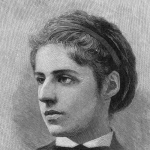






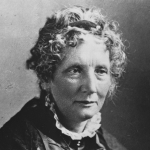
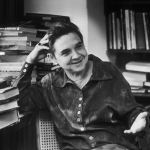
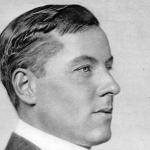
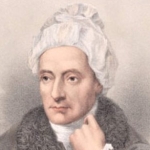


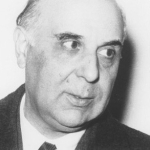

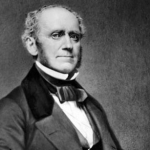
Comment form: